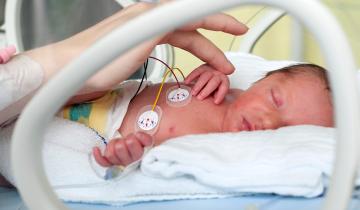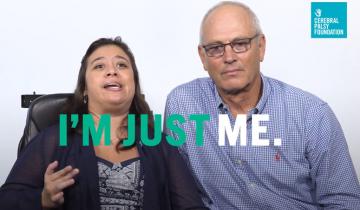This study tested the safety and effectiveness of a neuroscience-based, multi-component intervention designed to improve motor skills and sensory processing of the more-affected arm and hand in infants with CP where one side is more impacted than the other (asymmetric CP).
Bimanual therapy, also referred to as intensive bimanual training, engages patients in active play or practice to improve the use and coordination of both hands. Bimanual therapy is different from similar unimanual therapies, like constraint-induced movement therapy (CIMT), because it promotes simultaneous use of both hands.
Growing up with Cerebral Palsy I often wondered if I would ever experience my happily ever after. The fairytales my mom read me always followed the life of a beautiful princess falling in love with a handsome prince. You never read about a prince and princess in wheelchairs or with any type of disability for that matter.
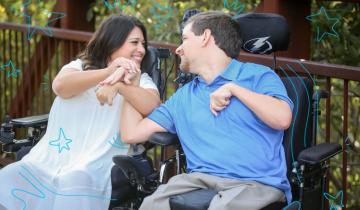
Though the initial insult or injury to the brain that causes cerebral palsy is non-progressive, aging with cerebral palsy and lack of physical activity during critical periods of development can impact biologic and metabolic function for adults with cerebral palsy.
We got the diagnosis of Cerebral Palsy when Lelia was 18 months. I was really happy, as we didn’t know what was wrong with her before then. She had low tone. She couldn’t roll over. She couldn’t sit up. Of course she didn’t walk. The diagnosis gave it a name, something I could work with, and I became a kind of vigilante mother, determined to get the best care for my daughter.
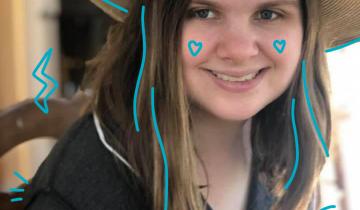
There are multiple factors that impact bone health, including birth weight, nutrition, medications for seizures and/or reflux, genetics, and physical activity. Targeted exercise to improve bone health in childhood can be sustained into adulthood, and childhood is the best time to promote bone health.
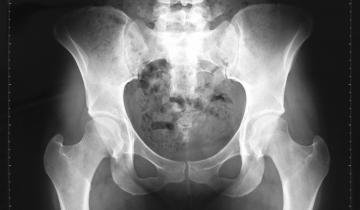
Neuroplasticity is the ability that the brain has to form new connections between different cells or between different areas of the brain.
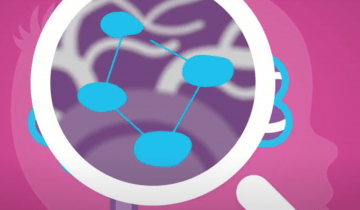
As a parent, when it comes to different types of interventions for infants with cerebral palsy, how do you know what you have, what you don't, and what you could get?
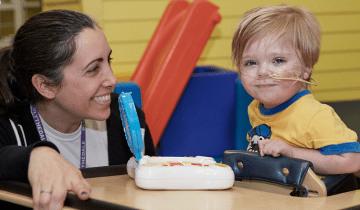
Exploration for an infant means discovering anything about that environment. If that infant needs an opportunity to be brought to them, that's okay. Let an infant explore through their senses, whether it's touch, or smell, or taste, or sight, or hearing.
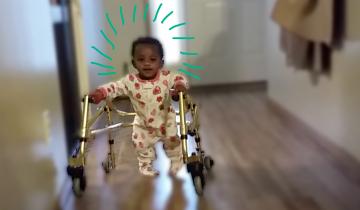
My name is Nathalie Maitre, I work at Nationwide Children's Hospital. I'm a physician and a researcher
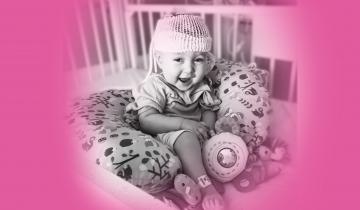
Diagnosing cerebral palsy (CP) at an early age is important for the long-term outcome of children and their families.
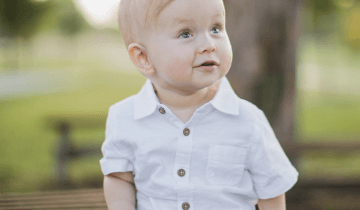
Early diagnosis of cerebral palsy (CP) is critical in obtaining evidence-based interventions when plasticity is greatest.
As a physician and researcher, I skeptically looked forward to learning more about mindfulness practice, because there is evidence it helps with stress management, self-regulation, focus, productivity and happiness. As a mom, I felt that weird mix of guilt that I was going to focus on “not-my-children” for a whole day, excited anticipation and anxiety that maybe I would be a complete failure at this. It turns out all the mental baggage I took into the workshop was the exact opposite of what mindfulness tries to achieve. The daily practice has since changed my life.
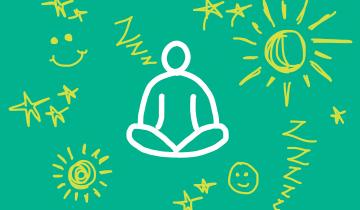
"If you don’t know the solution to the problem now, you will find it"
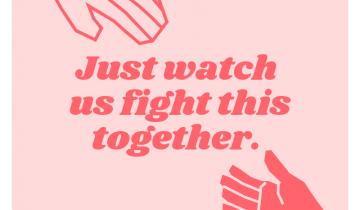
PTSD can be common in parents after a child with Cerebral Palsy has left the NICU. One of the hardest days of my life as a NICU parent was not what I would have expected it to be. It was the day I went home without my baby, after spending every waking moment since my emergency C-section by his incubator. I never knew I had a dream about what it would be like to have a baby until that dream was taken away.
